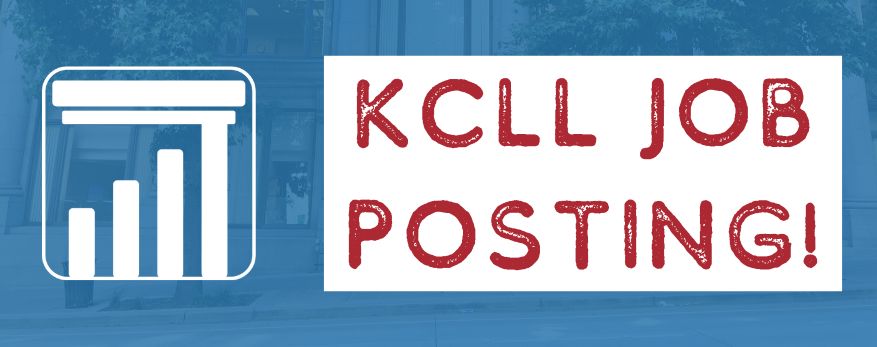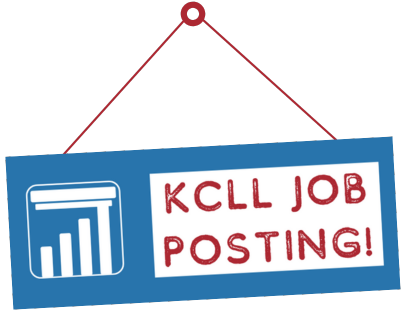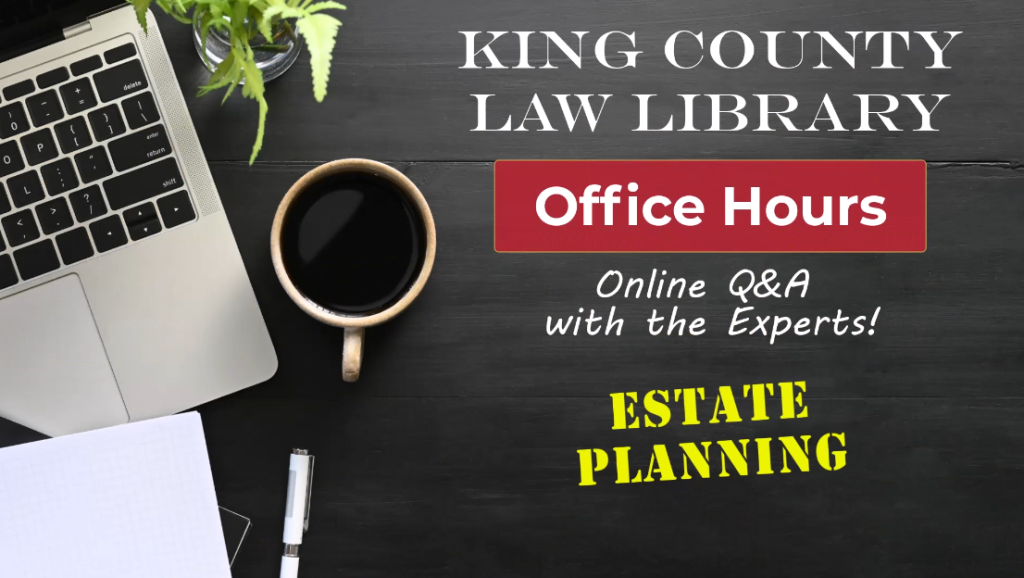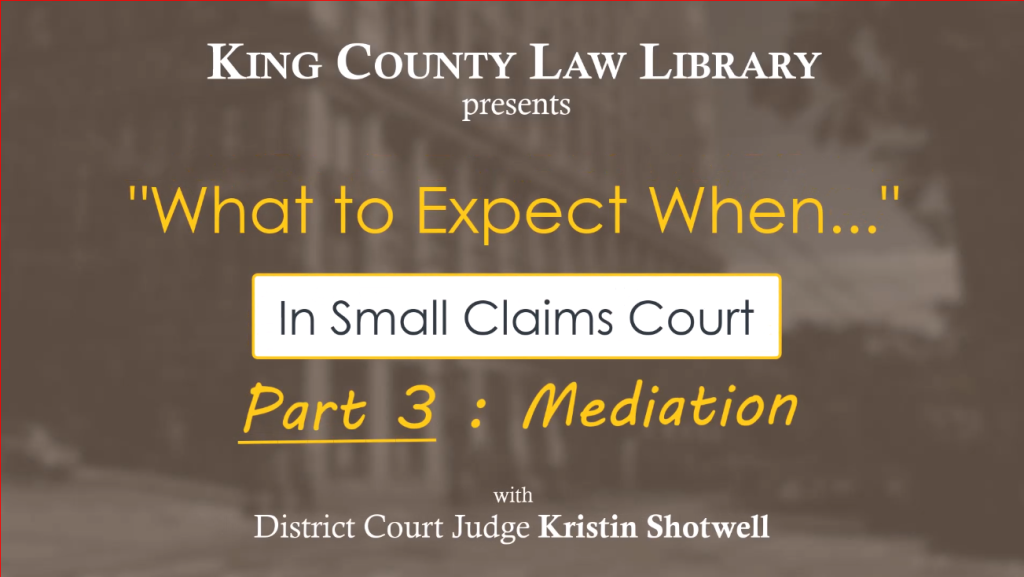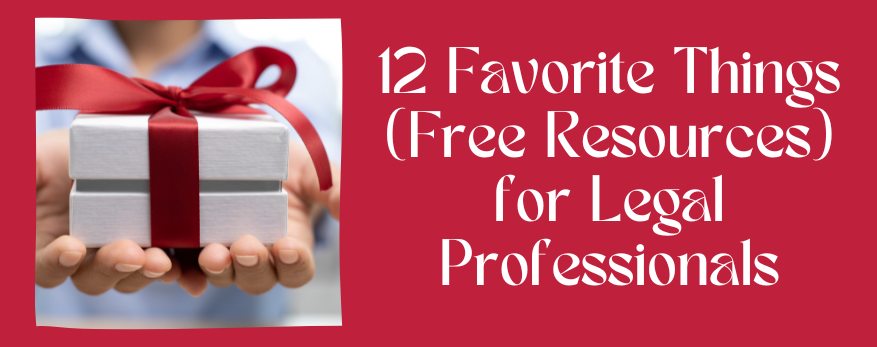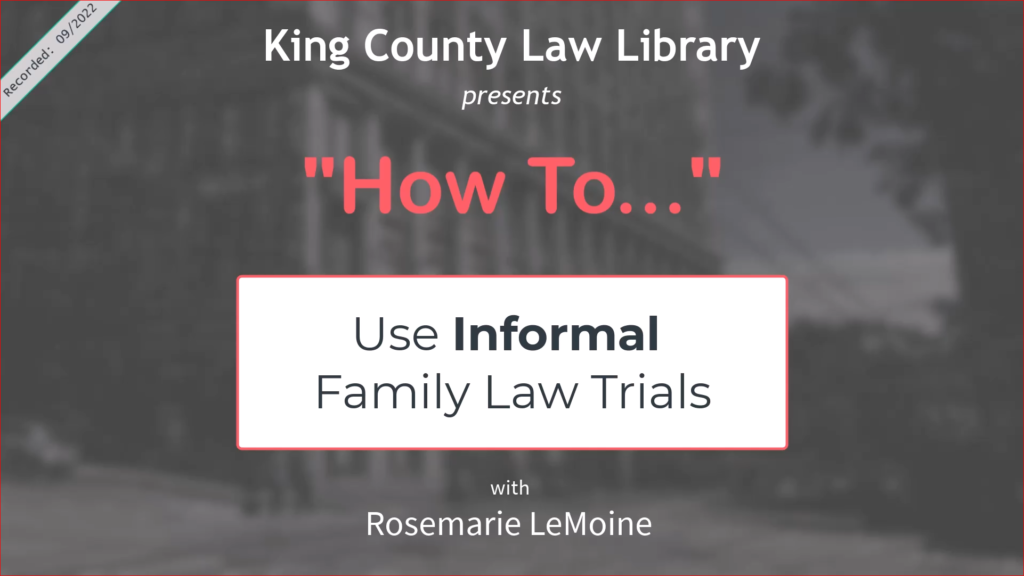
What’s that Sound? An eBook Explosion at KCLL!
Barbara Engstrom, Executive Director, King County Law Library
During the past year, the law library has made a big push to transition some of our collection to eBooks available for remote access. Because of the popularity of the first round of eBook acquisitions, we recently doubled the amount of eBook content available. We currently have a couple of different eBook platforms. Our main platform is Lexis Digital which is where you’ll find all your favorite Lexis/ Mathew Bender treatises along with content from the ABA, the WSBA, and the KCBA. In addition to Lexis Digital, we also have eBook content for legal practitioners from Wolters Kluwer and the National Consumer Law Center. Here’s a look at what’s available, starting with Lexis Digital.
Lexis Digital
Primary Law
For federal primary law, we have the United States Code Service (USCS) Lexis’s annotated code. For Washington, we have the Annotated Revised Code of Washington (ARCW) and the Washington Rules of Court Annotated. In addition to substantive law, you’ll find references to related cases, statutes, regulations, law review articles, and other secondary sources. Even if you have Westlaw access for primary law, you may want to take a look at the annotated codes and court rules on Lexis Digital, you’ll be surprised at the lack of overlap between the Lexis and Westlaw results.
WSBA Deskbooks!
A very exciting acquisition is the WSBA Deskbook collection. Lexis and the WSBA recently partnered to offer the deskbooks as true eBooks. While electronic versions of the desk books were available in the past via Casemaker, the Lexis Digital version allows full eBook functionality including highlighting, adding annotations, and downloading customized content. The following titles are currently available
- Estate Planning, Probate, and Trust Administration in Washington
- Public Records Act Deskbook: Washington’s Public Disclosure and Open Public Meetings Laws
- Shareholder Litigation in Washington State
- The Law of Lawyering in Washington
- Washington Appellate Practice Deskbook
- Washington Business Corporation Act (RCW 23B) Sourcebook
- Washington Civil Procedure Deskbook
- Washington Community Property Deskbook
- Washington Construction Law Deskbook
- Washington Law of Wills and Intestate Succession
- Washington Legal Ethics Deskbook
- Washington Partnership and Limited Liability Company Deskbook
- Washington Real Property Deskbook Series
You may be wondering why the Family Law Deskbook and the Washington Motor Vehicle Deskbook trio (Accidents, Accident Litigation, and Accident Insurance) aren’t included on the list. Lexis is in the process of updating those sets and will have them available early in the new year.
Washington Practitioner Resources
In addition to the WSBA Deskbooks, we have a lot of other great Washington specific resources. We have the full set of the KCBA’s Washington Lawyer’s Practice Manual (WLPM). For greater accessibility, the WLPM is available for download by chapter. We also have the following.
- Defending DUIs In Washington
- Employment in Washington
- The Law of Evidence in Washington
- New Appleman Washington Insurance Law
- Washington Business Entities: Law and Forms
- Washington Civil Discovery
- Washington Criminal Law
- Washington Family Law
- Washington Guardianship Law
- Washington Insurance Law
- Washington Marijuana Laws and Regulations
- Washington Pretrial Civil Procedure
- Washington Probate and Estate Administration
- Washington Real Estate Litigation
- Washington State Environmental Policy Act
- Washington Torts and Personal Injury
- Washington Trial and Post-Trial Civil Procedure
Gold Standard Treatise Sets
We also upped our treatise content and have acquired several new gold standard treatise sets. These sets, which cost thousands of dollars to purchase and maintain, are now available to you anytime of the day or night at the convenience of your home or office.
- Moore’s Federal Practice
- Weinstein’s Federal Evidence
- Current Legal Forms
- Benders Forms of Discovery
- Corbin on Contracts
- Powell on Real Property
- Collier on Bankruptcy
- New Appleman on Insurance
- Page on Wills
- Bender’s Immigration & Nationality
- Nichols on Eminent Domain
- Benedict on Admiralty
Subject Matter Areas
We’ve also beefed up our holdings in several different practice areas including (but not limited to):
Criminal Law
- Constitutional Law
- Courtroom Criminal Evidence
- Criminal Law Deskbook
- Criminal Practice Handbook
- Federal Habeas Corpus Practice and Procedure
- Mental Disability Law: Criminal and Civil
- Police Civil Liability
- Pretrial Motions in Criminal Prosecutions
- Prosecutorial Misconduct
- Search and Seizure
- Sexual Assault Trials
Litigation
- Civil Rights Actions
- Cross-Examination
- Electronic Discovery & Evidence
- Fundamentals of Damages in Tort Actions
- Personal Injury: Actions, Defenses, and Damages
- Punitive Damages
- What It’s Worth
Labor & Employment
- Employee Rights Litigation
- Employment Libel and Privacy
- Labor & Employment Law
Real Property
- Clark on Surveying and Boundaries
- Condo Law & Practice
- Practical Guide to Landowner Disputes
How to Access KCLL’s Expanded Lexis Digital eBook Collection
If you are already a subscriber to KCLL, you can find the Lexis Digital Library via our Remote Database page https://kcll.org/remote-databases/ You’ll just sign on using your email address on file with your subscriber account. If you are not a subscriber but would like to start accessing the eBook bounty, learn more about the benefits of our subscriber program and join at https://kcll.org/join-kcll/ The default checkout period for eBooks is 7 days and is for 5 books at a time. Early return of a book will free up an allotted checkout.
Are You A King County Public Defender, Prosecutor or Judge? Get Special Access to Lexis Digital
If you are a judge in King County or work for the King County DPD or PAO and have a kingcounty.gov email address, contact us about complementary access to the Lexis Digital eBook collection. services@kcll.org
Wolters Kluwer/ VitalLaw a/k/a Cheetah
If you’ve followed this column in the past or have looked for remote databases on KCLL’s website you may be wondering where the Cheetah database went. Never fear, it is still available, but under a new name. Wolters Kluwer recently (and without much notice) rebranded Cheetah as VitalLaw. A rose by any name will still smell as sweet and so does the VitalLaw content which includes:
- Administrative Law Treatise
- Antitrust Law
- Bromberg & Ribstein on Partnership
- Drafting Limited Liability Company Operating Agreements
- Drafting Prenuptial Agreements
- Drunk Driving Defense
- Elder Law Answer Book
- ElderLaw Forms Manual
- Employee Dismissal Law & Practice
- Law of Lawyering
- Law of Restitution
- Motions Practice
- Scott & Ascher on Trusts
- Special Needs Trust Handbook
National Consumer Law Center
The treatise collection from the National Consumer Law Center is also available in eBook format for remote access. These were some of our most heavily circulated items in the before times. You’ll find the following on the NCLC database:
- Debtor Rights
- Fair Debt Collection
- Consumer Bankruptcy Law and Practice
- Student Loan Law
- Repossessions
- Access to Utility Service
Mortgages & Foreclosures
- Mortgage Lending
- Mortgage Servicing and Loan Modifications
- Home Foreclosures
Credit & Banking
- Fair Credit Reporting
- Truth in Lending
- Consumer Credit Regulation
- Credit Discrimination
- Consumer Banking and Payments Law
Deception & Warranties
- Unfair and Deceptive Acts and Practices
- Federal Deception Law
- Automobile Fraud
- Consumer Warranty Law
Consumer Litigation
- Collection Actions
- Consumer Class Actions
- Consumer Arbitration Agreements
- Consumer Law Pleadings
How to Access KCLL’s Wolters Kluwer/ VitalLaw and National Consumer Law Center Databases
You do not have to be a subscriber to access either of these databases. For Vital Law you’ll need to sign up for a guest registration and get a library card number. For the National Consumer Law Center database just follow the prompts for the log on information. https://kcll.org/remote-databases/
Wait, I Like Print Books! Does KCLL Still Have Those?
Good question, thanks for asking! Yes, all of the books and treatise sets mentioned in this article are available in both print and eBook format. Print books are available for in-library use for all KCLL patrons. Subscribers are welcome to check out the print volumes for the standard two-week check-out period.
Have Suggestions or Questions? Need Help?
Let us know if there are titles that you’d like to see added to our eBook collection. At this point we are limited to titles from LexisNexis/Matthew Bender, Wolters Kluwer, and the ABA, but we’d love to hear what’s on your wish list. If you have questions about our eBook collections or any of the databases or resources mentioned feel free to contact the law library at services@kcll.org. We’re happy to answer questions about eBooks, print books, or on any other law-related topic.

